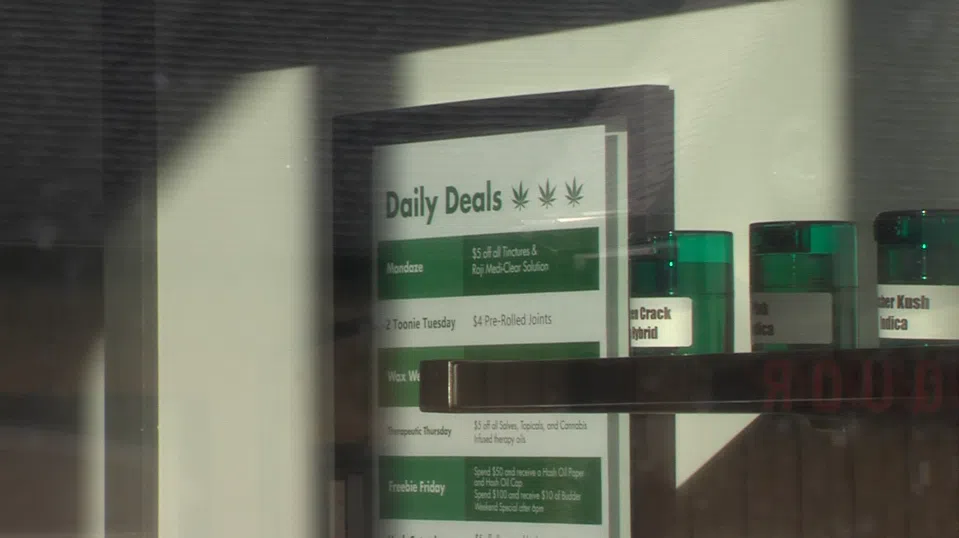
Kamloops lawyer eager to tell council its proposed dispensary bylaw is unconstitutional
KAMLOOPS — A local lawyer says he is eager to speak to Kamloops council at a public hearing surrounding a new bylaw amendment governing marijuana dispensaries.
The public hearing will be held Tuesday evening at the Sandman Centre’s Valley First Lounge.
The proposed bylaw amendment would increase fines for operating without a business license from $200-per-day to $10,000-per day.
Because commercial marijuana sale is illegal, the City of Kamloops will not issue business licenses to the eight local dispensaries.


